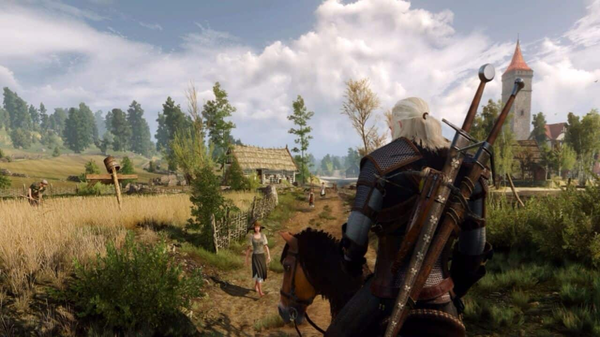

After a tiring day at work or an exhaustive day at school, you turn on your PC for a chilled gaming session. But if your game starts giving you 20 frames per second out of nowhere, it will exhaust you even more. You can turn on all the graphical settings possible hoping for smoother gameplay, but then your game is giving 10 frames per second. Moral of the story? Not all settings should be turned on; instead, they should be turned off for a better gameplay experience.
Here are 10 graphics settings for PC you need to turn off for a better gameplay experience:
ADVERTISEMENT
Article continues below this ad
1. Motion Blur
Motion blur is given to games to make your gameplay experience more realistic. But instead, sometimes it makes it worse. On lower-configured PCs, turning on motion blur can lead to stuttering.
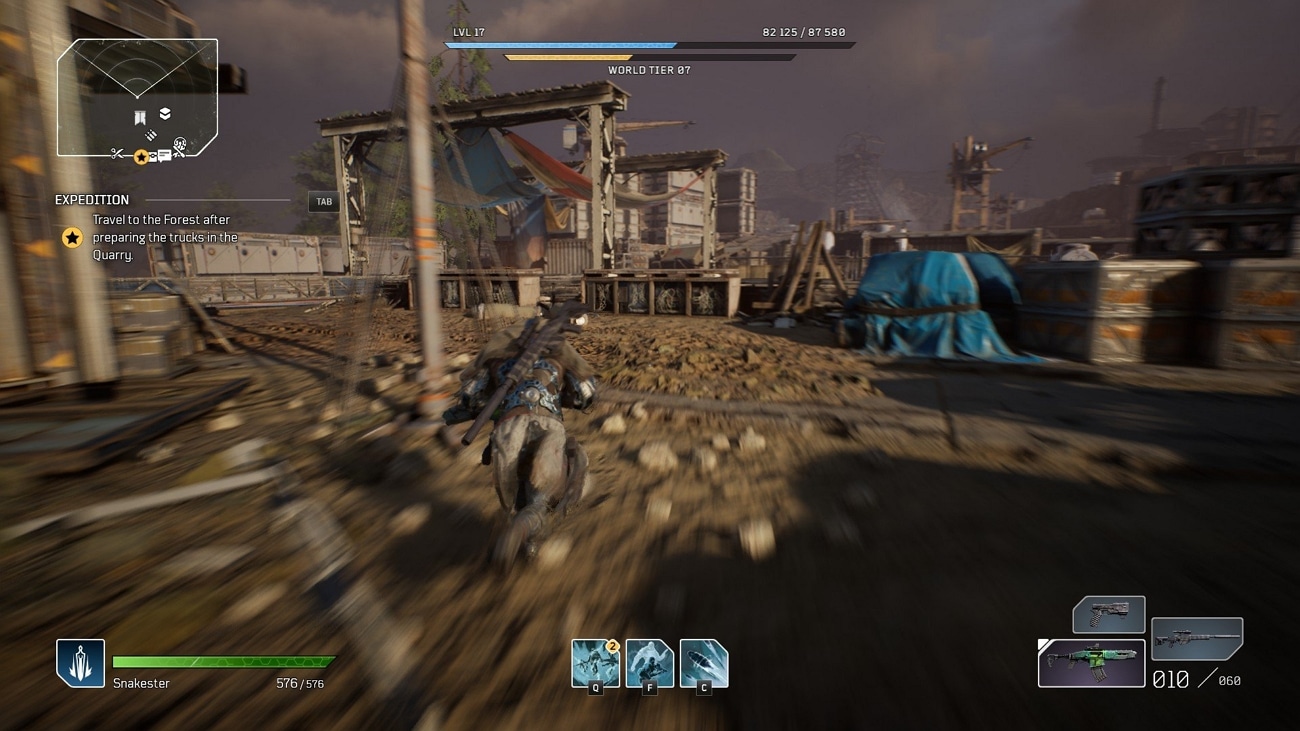
In third-person shooters, it can be turned on (not for all games) as you get a wider range of POVs. But in first-person shooters, motion blur reduces the visibility of your surroundings.
2. Depth of Field
Depth of field is the same as motion blur, but it is used when the screen is static. Unlike motion blur, it is used to give a cinematic effect to the games. It aims to shift your focus on the object that’s immediately in front of you, but there are other areas that you have to keep your eyes on.

It is also used to ignore pop-ups. Turning this off will result in a significant increase in frames per second.
3. Chromatic Aberration
It’s in the name. This setting is supposed to improve the color scheme of your gameplay. But all it does is give some yellow-reddish effect on the edges of the objects, just like an old-school camera and its photographs.
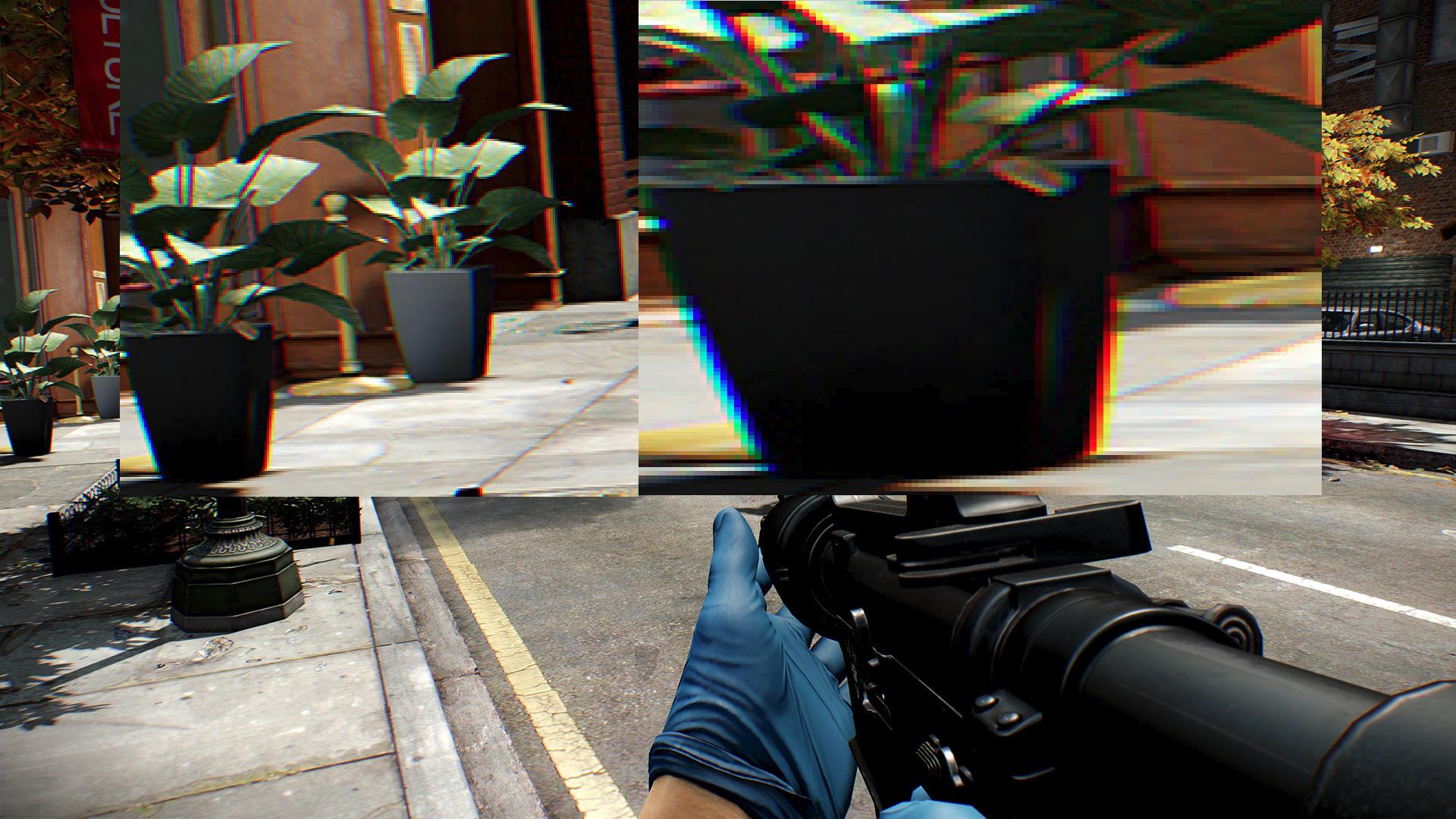
Although turning it on won’t affect the gameplay as such, we recommend you do so to get the maximum gameplay experience.
4. Bloom Lens Flare
This setting adds extreme artificial effects to make your game look more realistic. But instead, it does the opposite most of the time. It’s not much used in today’s games these days, but it was one major aspect of old-school games with not-so-good visuals.

This effect makes the light’s appearance look like blurred camera lenses: dispersed and hazy.
5. Shadows
If there is one graphics setting that hogs the system the most, then it must be shadows. Unlike the previously mentioned settings, it actually does make the gameplay really, really good. But hey! There are other parts of the game other than shadows!

And if you have limited specifications, then you must turn it off immediately. You can see the huge change in FPS just by turning the shadows from ultra to high.
6. Vignetting and Film Grains
These two settings are also supposed to make the gameplay more practical and cinematic. But all it does is make the games disgustingly artificial. Vignetting is just adding a dark effect around the corner of the screen.
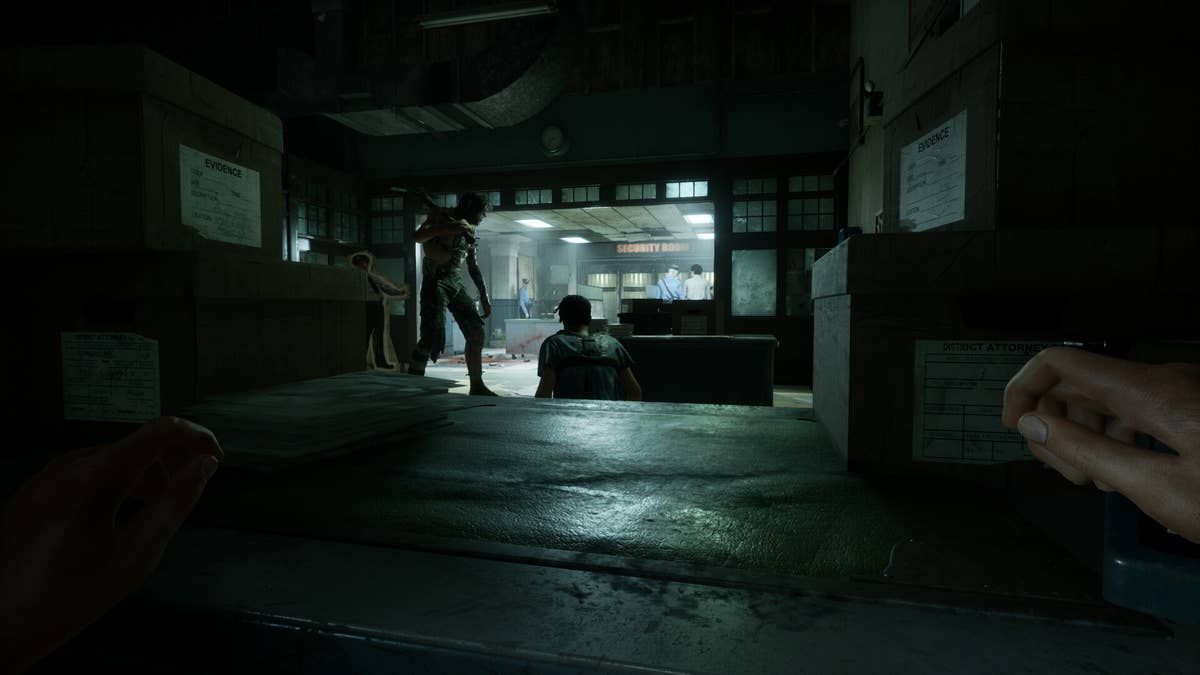
And film grains are the presence of millions of small grains on the game screen. Vignetting makes the in-game objects more difficult to see, and film grains make the gameplay look cheap.
7. VSync
This setting lets your game run at the same refresh rate as your monitor. It is really good if you have high-refresh-rate monitors, as it eliminates screen tearing and stuttering. VSync also makes the device more responsive. But if you don’t have a high-end monitor, then turning VSync on can be an absolute mess.
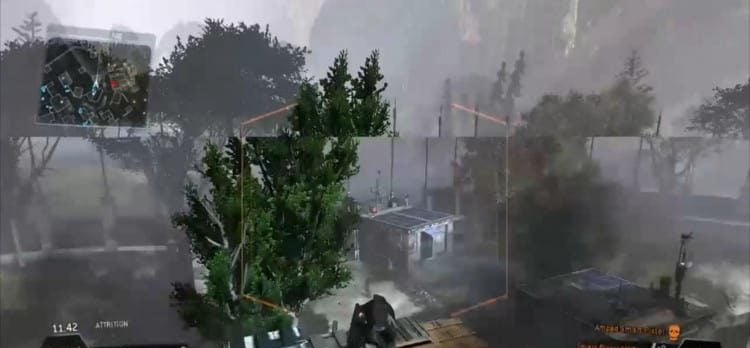
As VSync forces the game to run smoother and more responsive, just think what will happen if your hardware is not capable of running the game that smoothly and responsively. Turning on VSync doesn’t limit the fps anymore, and it tries to exceed its limit continuously, which backfires on low-end PCs.
8. Nvidia PhysX: Hair Effect
In games like Tomb Raider Reboot or Witcher 3, you notice ultra-realistic hair effects. Like in fighting scenes or while in motion, the hair of the character gives a more real-life vibe with crystal-clear details. It’s the Nvidia PhysX Hair Effect.
/cdn.vox-cdn.com/uploads/chorus_image/image/8749257/lara_croft_tomb_raider_tressfx.0.jpg)
It’s pretty cool, but does it really add a lot to the gameplay compared to the huge system memory it demands? Just turn it off; the hair won’t whirl in the air, but you will see huge improvements in frames.
9. Head Bobbing and Camera Shake
Head bobbing and camera shake are used to simulate real-life movement in first-person perspective games. Just like our whole perspective shakes a bit in our eyes while we do any kind of movement, this setting promises to provide that.

But in some games, the shake becomes a vibration, making the whole screen tremble.
10. Mouse Smoothing
Mouse smoothing is another unnecessary setting that needs to be turned off. This setting makes your cursor overly responsive, making it harder to aim, especially for FPS gamers.

ADVERTISEMENT
Article continues below this ad
If you are spraying your bullets on one of your enemies and have to transfer the spray suddenly to another incoming one, the crosshair just doesn’t get stuck to it due to the needless smoothness of the cursor.
Read More: Ubisoft Surprises Fans by Giving Free Trial of Popular Games Like Crew 2 and 17 More Games
So, that’s all from our side. These are the settings you should turn off immediately, and you can see a huge difference in your gameplay experience. And it will be a treat for all the low-end PC users too. Don’t forget to let us know in the comments section how your gaming sessions are going after turning these things off.
ADVERTISEMENT
Article continues below this ad
Watch this Story: PlayStation Unleashes A Quirky Competitor: Introducing The Epic Rival For Nintendo Switch 2 At PlayStation Showcase 2023
ADVERTISEMENT
ADVERTISEMENT
ADVERTISEMENT
ADVERTISEMENT

